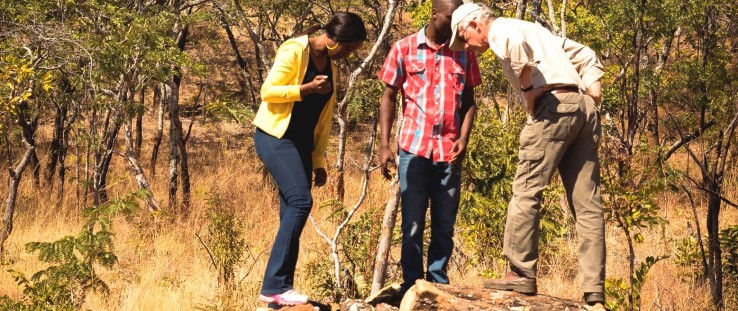 A BioCarbon Partners Trust staff member, right, explains the charcoal production process and improved kiln technology during a site visit. Improved kilns produce greater amounts of better quality charcoal.
Rasa Kent, USAID
A BioCarbon Partners Trust staff member, right, explains the charcoal production process and improved kiln technology during a site visit. Improved kilns produce greater amounts of better quality charcoal.
Rasa Kent, USAID
 A BioCarbon Partners Trust staff member, right, explains the charcoal production process and improved kiln technology during a site visit. Improved kilns produce greater amounts of better quality charcoal.
Rasa Kent, USAID
A BioCarbon Partners Trust staff member, right, explains the charcoal production process and improved kiln technology during a site visit. Improved kilns produce greater amounts of better quality charcoal.
Rasa Kent, USAID
Zambia is one of the most forested countries in Africa, with over 60 percent of the country covered by woodland. Officials as well as others concerned about the environment want to keep it that way, but they are up against some serious challenges.
Zambia’s high rate of deforestation—estimated at 250,000 to 300,000 hectares per year—makes the nation one of the top 20 greenhouse gas-emitting countries in the world as a result of deforestation and degradation.
Wood and charcoal are the primary sources of energy in the country. As the population in cities that lack reliable access to electricity grows, so does demand for charcoal. In rural areas, which are home to 61 percent of the population, farmers who find it difficult to grow enough food to feed their families and earn some extra income often turn to charcoal production to make ends meet.
David Chamunda, 30, was one such farmer. Low yields and high dependence on erratic rainfall made feeding his family and paying fees to send his four children to school a daily challenge.
Chamunda lives in Ndubulula, a rural village in Rufunsa district, in Lusaka province. One of the only forested areas left in the province, the district suffers from deforestation 11 percentage points higher than the national average. Chamunda began cutting trees for local businessmen to supplement his income and support his family. Even then, he says, “I earned $10 to $20 per day, which was only just enough for food for all of us.”
When BioCarbon Partners (BCP) Trust initiated its Sustainable Eco-Charcoal Project in Ndubulula in 2012, Chamunda joined the first group to build a higher-efficiency charcoal kiln. Kilns that most producers currently use are only 10 percent efficient, for example, yielding 10 kilograms of charcoal for every 100 kilograms of wood. The process to burn wood for charcoal using the customary kilns takes nearly two months. BCP Trust provides improved kilns that have up to 30 percent efficiency and produce better quality charcoal in seven days.
The project is funded by USAID through its Various Incentive-based Grant Opportunities and Rewards (VIGOR) program. Like President Barack Obama’s Power Africa initiative, VIGOR advocates cleaner and more sustainable forms of energy by engaging local organizations to employ energy-saving technologies and promote alternatives to charcoal production to reduce deforestation.
At least 70 percent of households in the project zones depend on charcoal for their livelihoods. BCP Trust recognizes that charcoal producers, often the poorest members of rural communities, cannot feasibly give up their trade in the short run. Instead, it coaxes current producers to move toward more sustainable methods and avoids attracting new charcoal producers.
Project participants like Chamunda, called charpreneurs, not only employ environmentally sustainable practices, but also increase their incomes. “Using the higher-efficiency kilns is less labor intensive, and we are also able to receive our wages in a shorter amount of time,” says Chamunda.
“By creating incentives for people to use these methods,” BCP Trust Executive Director Molly Crystal says, “we hope that eventually the majority of charcoal producers will get involved.”
Now, Chamunda has become one of the best producers of eco-charcoal and has taken a leadership role in the project, training new charpreneurs in sustainable charcoal harvesting. He makes enough money not only to feed his family, but also to provide schooling and books for his children and to buy fertilizer for his farm. If he combines income from charcoal production with chicken rearing and farming, in a year or two Chamunda should save enough to achieve his dream of going to school for a law degree.
Charpreneurs themselves contribute to the sustainability of the project by teaching other current charcoal producers the new methods they have learned and incorporating them into the practice of making eco-charcoal. Fifteen charpreneurs have been trained so far, doubling the initial seven producers from BCP Trust’s pilot kiln. By the end of the project in October 2014, BCP Trust expects to have trained a total of 25 charpreneurs.
By tradition, men dominate charcoal production. BCP Trust, however, encourages women to join its project to break twigs and collect wood chips for firewood so that all parts of the tree are used. As more opportunities to participate arise, more women are likely to join the project.
Endwina Kalunga, one of the first women involved in BCP Trust’s project, said, “Women should not wait for their husbands to earn all the income; they should learn how to do it themselves.” A 55-year-old widow, Kalunga supports her eight grandchildren and will begin building a new house next year from her earnings.
To transition current charcoal practices to sustainable techniques while reducing deforestation, BCP Trust aims to make the same amount—not more—of charcoal that is currently being produced per month. “By focusing on the supply side of energy and charcoal production, BCP Trust targets one of the main drivers of deforestation and works towards environmental sustainability. Training rural producers to make charcoal more efficiently is an important first step, but in the long run, our work also raises awareness of the need for affordable energy solutions that address the demand side from businesses and urban areas,” says Crystal.
To that end, BCP Trust is establishing partnerships with other regional and local organizations that produce new cooking technologies, such as fuel-efficient stoves and heat-retention cooking bags, to address the demand for energy here. Farmers also receive training in rearing chickens and growing mushrooms as alternative sources of income.
According to Anna Toness, USAID/Zambia’s economic development office chief, eco-charcoal projects offer important near-term solutions that simultaneously produce energy and combat rampant deforestation while long-term clean energy solutions, such as harnessing hydroelectric potential and undertaking energy sector reform, are developed. Meanwhile, BCP Trust’s activities are a first step towards achieving these long-term goals.
Rasa Kent also contributed to this article.







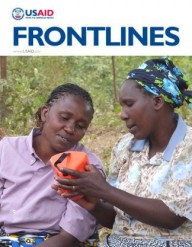

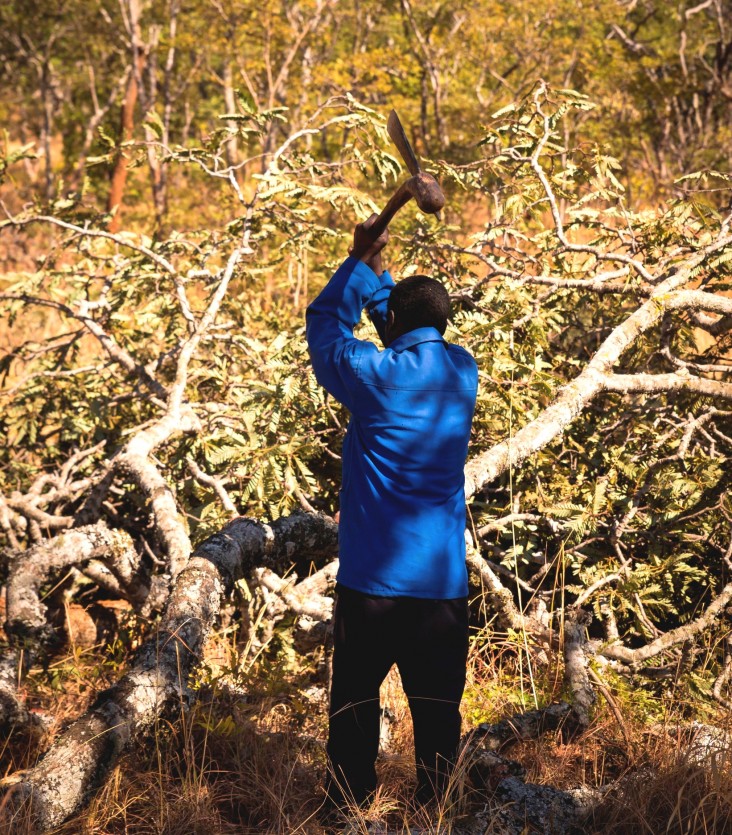
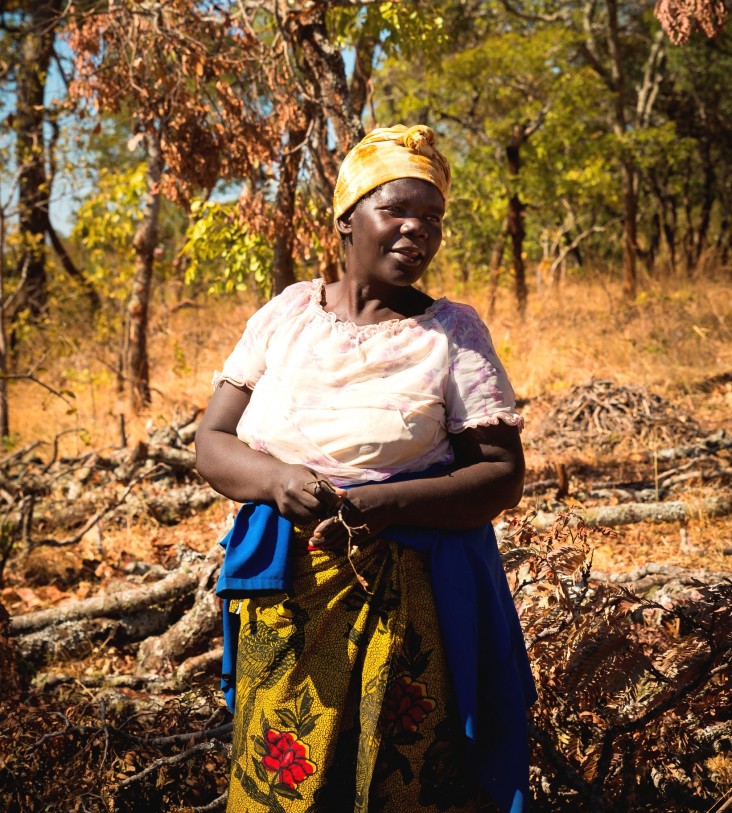
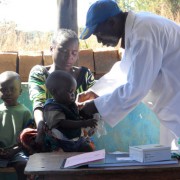
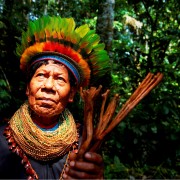
Comment
Make a general inquiry or suggest an improvement.